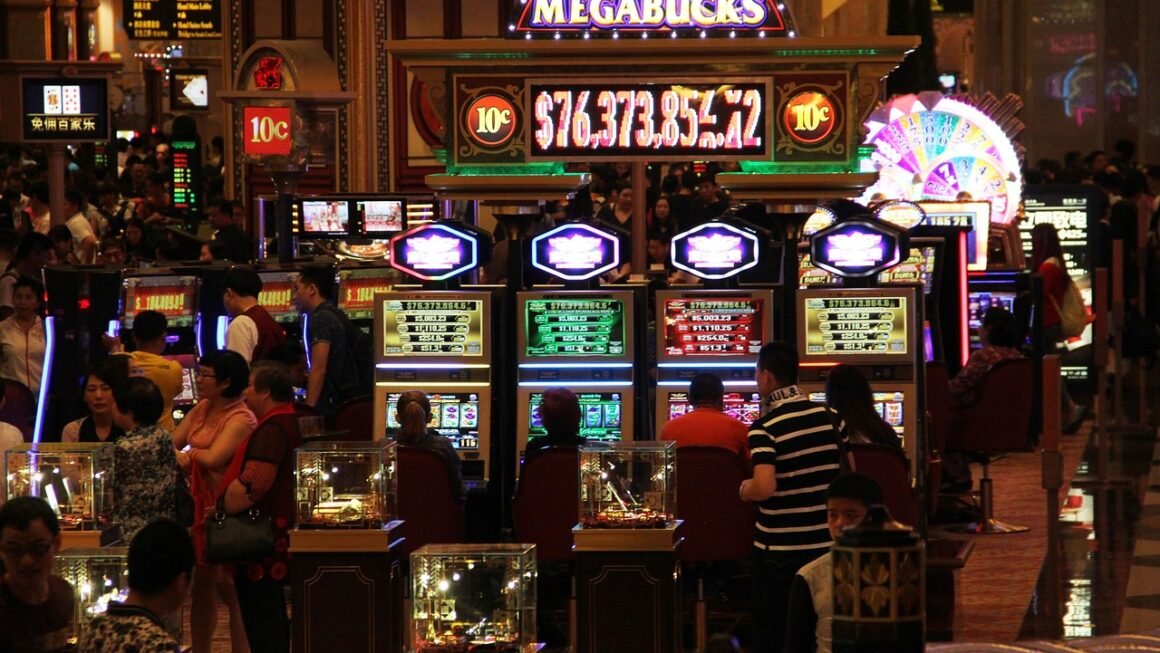Fandom. It’s more than just liking a movie, book, or band. It’s a vibrant, dynamic community where shared passion creates connections, fuels creativity, and shapes cultural landscapes. From passionate online discussions to elaborate cosplay creations, fandom is a powerful force in modern entertainment and social interaction. This article explores the multifaceted world of fandom, its impact, and how to navigate it.
What is Fandom? Understanding the Core Concepts
Defining Fandom: More Than Just Liking Something
At its core, fandom represents a community built around a shared interest in a particular media property, celebrity, hobby, or activity. However, it’s more than passive enjoyment. Fandom involves:
- Active engagement: Participating in discussions, creating fan works, attending conventions.
- Emotional investment: Feeling a deep connection to the subject of the fandom.
- Social interaction: Connecting with other fans to share enthusiasm and experiences.
- Collective identity: Identifying oneself as a member of a specific fandom.
For example, the “Star Wars” fandom extends far beyond simply watching the movies. It includes collecting memorabilia, writing fan fiction, participating in online forums, and even learning languages like Mando’a.
Types of Fandoms: A Diverse Landscape
Fandoms are incredibly diverse, spanning a vast array of interests. Some common categories include:
- Media Fandoms: Based on movies (“Marvel Cinematic Universe”), TV shows (“Doctor Who”), books (“Harry Potter”), and video games (“Minecraft”).
- Celebrity Fandoms: Centered around actors, musicians, and other public figures (e.g., Taylor Swift’s “Swifties”).
- Sports Fandoms: Rooted in loyalty to sports teams and athletes.
- Hobby Fandoms: Dedicated to activities like cosplay, anime, or tabletop gaming.
The key difference lies in the subject of the passion. A sports fandom emphasizes team loyalty, while a media fandom focuses on the narratives and characters within the media property.
The Impact of Fandom: Cultural and Economic Significance
Fandom’s Influence on the Entertainment Industry
Fandoms wield significant influence over the entertainment industry. Their collective voice can impact:
- Box office success: Strong fandoms often translate to higher ticket sales and merchandise revenue.
- Creative decisions: Studios and creators increasingly listen to fan feedback when developing new content.
- Franchise longevity: Dedicated fans keep franchises alive for decades, even after initial popularity wanes.
The “Game of Thrones” fandom, for instance, had a significant impact on HBO’s success, driving subscriptions and generating massive buzz. However, the negative reaction to the final season also demonstrates the power of fandom to critique and even negatively impact a franchise.
The Economic Power of Fandom: Merchandise and Conventions
Fandoms are a powerful economic force, driving sales of:
- Merchandise: From action figures and clothing to collectibles and home goods.
- Tickets to conventions and events: Comic Cons, fan expos, and themed cruises generate substantial revenue.
- Fan-created content: Artists, writers, and creators can monetize their fan works through platforms like Patreon and Etsy.
The market for “Harry Potter” merchandise alone is estimated to be worth billions of dollars. Comic Con International in San Diego, one of the largest fandom conventions, generates millions in revenue for the local economy each year.
Participating in Fandom: Finding Your Community
Online Communities: Forums, Social Media, and Fan Sites
The internet has revolutionized fandom, providing platforms for fans to connect and engage with each other. Popular online spaces include:
- Forums: Dedicated discussion boards where fans can share theories, debate storylines, and connect on specific topics.
- Social Media: Platforms like Twitter, Tumblr, and Reddit are hubs for fandom activity, allowing fans to share opinions, create memes, and follow creators.
- Fan Sites: Websites dedicated to specific fandoms, offering news, analysis, fan fiction, and other resources.
- Discord Servers: Real-time chat platforms where fans can communicate, share content, and participate in voice chats.
Joining online communities allows you to easily connect with other fans, share your passion, and stay up-to-date on the latest news and developments within your fandom.
Offline Gatherings: Conventions and Meetups
While online communities are important, offline gatherings offer unique opportunities for fans to connect in person. Common types of offline events include:
- Conventions: Large-scale events featuring panels, screenings, cosplay contests, and opportunities to meet creators and fellow fans.
- Meetups: Smaller, more intimate gatherings organized by local fan groups.
- Screenings and Watch Parties: Opportunities to watch movies or TV shows with other fans.
Attending a convention or meetup can be a rewarding experience, allowing you to build real-world connections with other fans and immerse yourself in the culture of your fandom.
Navigating Fandom Culture: Respect and Etiquette
Respecting Boundaries: Privacy and Personal Space
While fandoms are generally welcoming and inclusive, it’s important to be mindful of boundaries and etiquette. This includes:
- Respecting privacy: Avoid sharing personal information about other fans without their consent.
- Asking for permission before taking photos: Especially when photographing cosplayers.
- Being mindful of personal space: Avoid invading someone’s personal space, especially in crowded environments.
Remember that everyone has different comfort levels, so it’s important to be respectful and considerate of others.
Dealing with Controversy: Disagreements and Toxicity
Like any community, fandoms can sometimes be plagued by disagreements and toxicity. It’s important to:
- Engage in respectful debate: Disagreeing with someone’s opinion is fine, but avoid personal attacks and name-calling.
- Report harassment: If you witness or experience harassment, report it to the appropriate authorities.
- Take breaks when needed: If you’re feeling overwhelmed or stressed, take a break from the fandom.
Remember that your mental health is important, and it’s okay to step away from a fandom if it’s becoming too negative.
Conclusion
Fandom is a powerful and multifaceted phenomenon that shapes entertainment, culture, and social interaction. From the economic impact of merchandise sales to the creative output of fan fiction and cosplay, fandoms are vibrant communities that enrich the lives of their members. By understanding the dynamics of fandom, respecting boundaries, and engaging in constructive dialogue, we can all contribute to creating positive and inclusive spaces for fans to connect and celebrate their shared passions.


